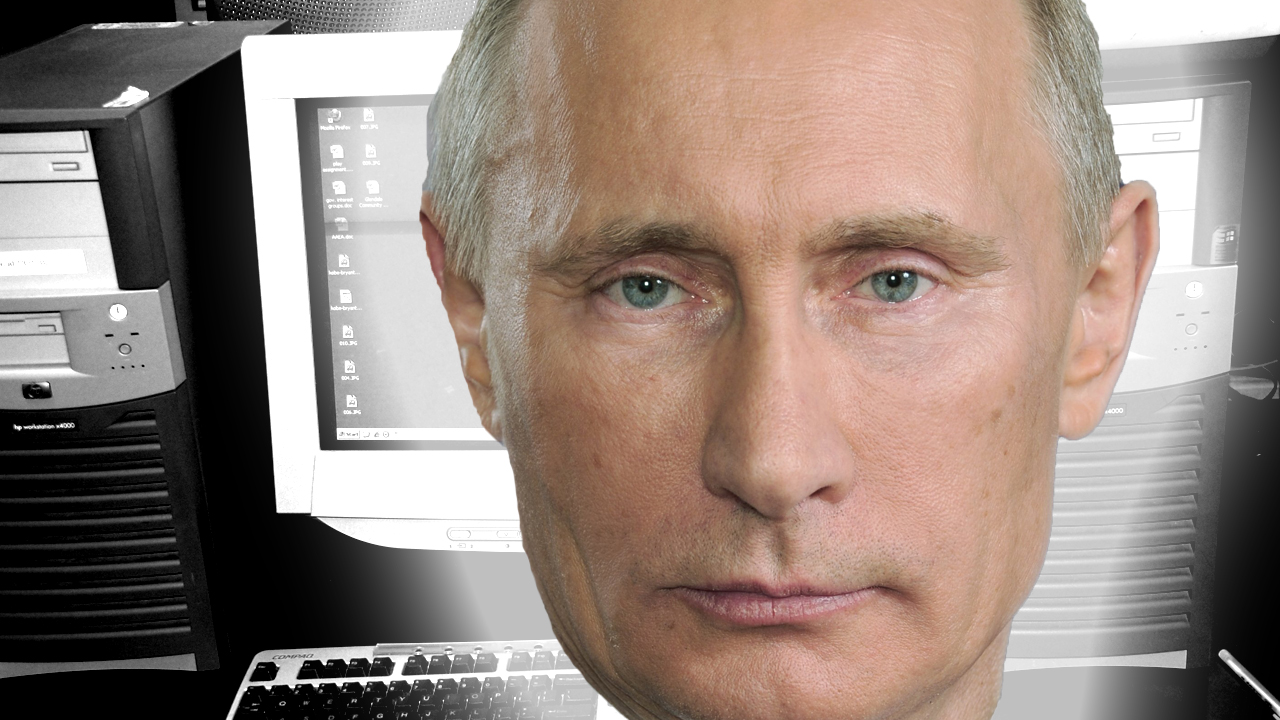Putin has just signed new laws requiring individual bloggers to register their identity with the government, among other restrictions on internet freedom and privacy. Bloggers will now be treated as “media outlets” and be subject to similar regulations, vague guidelines and severe punishments.
This is your five-minute explainer, with information culled from several English and Russian-language media outlets and social platforms and one quick interview.
WHO DOES THIS APPLY TO?
“Bloggers” are defined as authors of personal websites or social network pages that have 3,000 or more visitors a day. Since Putin’s systematic decimation of nearly all non-state controlled media outlets, citizen journalism and indie press moved entirely online and to popular networks like LiveJournal and YouTube. The government will now hold them “responsible” for “authenticity” of their reporting… on the government, etc.
HOW CAN PUTIN DO THIS?
ITAR-TASS — Moscow’s news agency that has been accused of pro-Kremlin bias and dissemination of state-sanctioned propaganda several times — explains this law is part of a “package of bills for effective struggle against terrorism and extremism.”
The definitions of “legality,” “rights” and “facts” are very fluid in Putin’s Russia. He just outlawed cursing in public and extended the “Gay Propaganda” ban to Crimea. There is no First Amendment in Russia. The laws allowing Kremlin to block entire social networks were just the start of this mass suppression of any online dissent.
WHAT DOES “REGISTRATION” MEAN?
Not only do bloggers have to register their full names with the government as reported by The New York Times, but also, as specified by the Russian-language State-tied paper Vzglyad, their full last name and first and middle name initials must be displayed on the website, along with a valid email address for “legal communication.” In theory, this makes anonymity impossible, preventing such phenomena like the beloved parody @KermlinRussia Twitter account.
WHAT IF THEY DON’T WANT TO REGISTER?
Rospotrebnadzor — Russia’s Federal Service for Supervision of Consumer Rights Protection and Human Well-Being and awkward internet police — will soon begin to register popular sites and request identification, not just from the “bloggers” themselves.
The law also introduced a definition of “organizers and disseminators of information,” or any entity that “ensures the functioning of information systems and programs for computers used for the reception, transmission, processing and delivery of electronic messages.” Internet service providers, website hosting companies and any of the social networks (Facebook, Twitter, Vkontakte, LiveJournal) would potentially be required to report identities of “bloggers” to Rospotrebnadzor and maintain computer records on Russian soil of their content for the previous six months.
WHAT IS THE PUNISHMENT?
The law goes into effect on August 1st. If the law is actively enforced (and, as we’ve learned, the Kremlin uses all such vague blanket legislation is sporadicly and selectively, to purge particularly irksome dissent), fines can reach up to $142,000 and the temporarily or indefinite shut down of the website.
HOW ARE THE RUSSIAN BLOGGERS REACTING?
Some platforms have taken preventative measures ahead of the law. Search engine Yandex shut down its blog search ranking tool and LiveJournal announced that subscription counts will stop logging followers at 2,500. Theoretically that will prevent anyone from officially appearing popular and being targeted for government surveillance and intimidation.
The very popular photographer-turned-citizen journalist Ilya Varlamov laughed it off on his LiveJournal, saying how people are freaking out needlessly and it’s oh so much worse in Argentina (but he’s not always a beacon of liberal dissent).
ANIMAL caught up with Elia Kabanov who runs metkere.com and several other popular blogs. “Well, if they want to shut down bloggers and free speech, they definitely chose the wrong way to do it,” he tells ANIMAL. “For example, if my blog has 10,000 visits, I’ll divide it into three separate niche blogs with separate counters and each would be bellow 3,000 visitors mark. As any other Russian laws, this one is stupid and far away from reality. The Chinese model clearly shows that blocking websites isn’t working. Block one of my blogs, Mr. Putin, and I’ll open two new ones. Take the teenagers for example. They’re quitting Facebook for a bunch of other platforms. Political-oriented bloggers will do the same.” His optimism is really refreshing.
WHAT ABOUT THE OTHER GUYS?
There are several problems with the bill that even ITAR-TASS calls “half-baked,” leaving “many legal loopholes unplugged.” It is unclear how this applies to foreign bloggers or US based companies who abide by laws that prevent this breach in personal privacy.
Stay tuned…
UPDATE: The law was enacted on August 1st.


